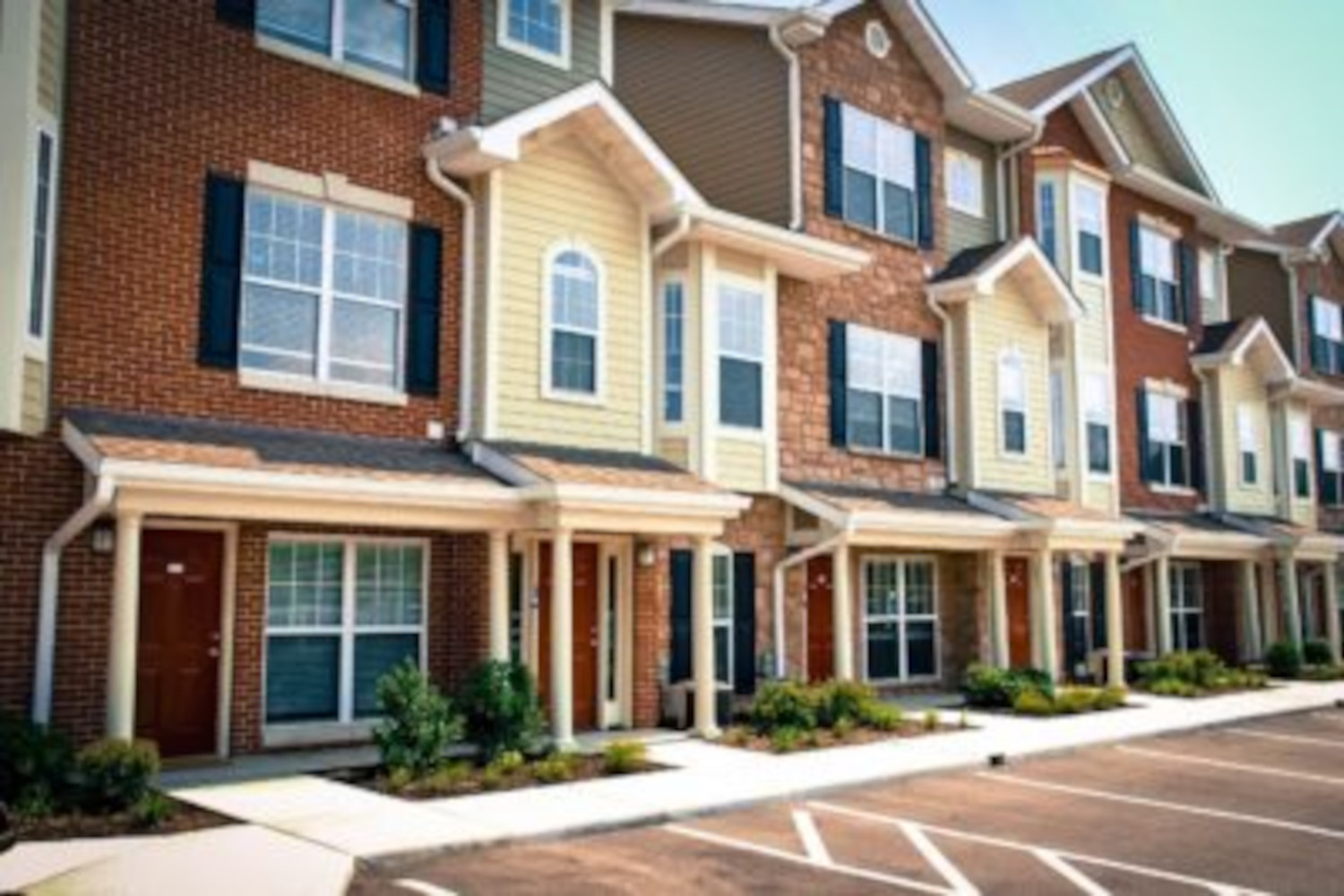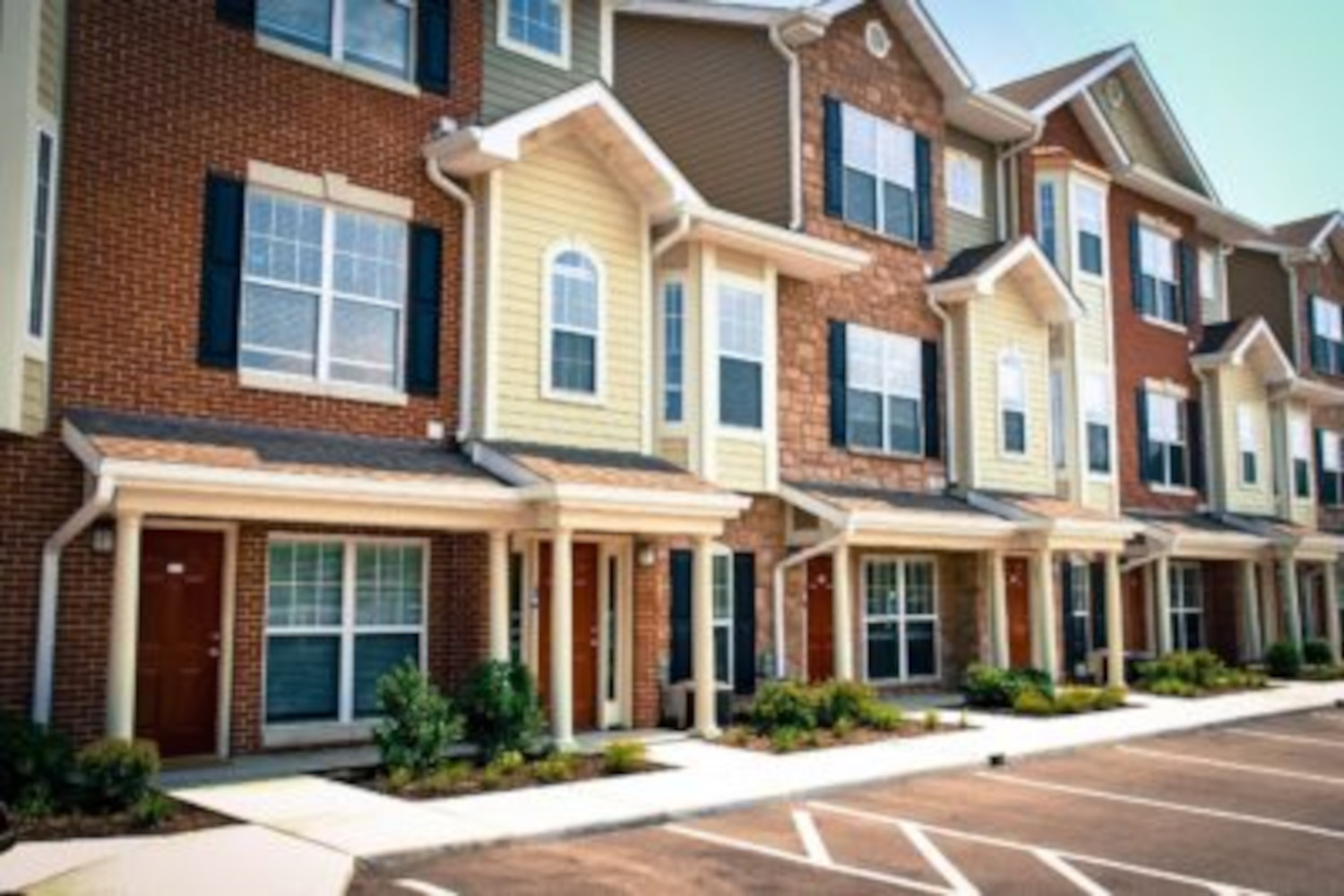
In 2003, the Florida Legislature enacted 718.112(2)(l) as a statutory scheme to require the retrofitting of fire sprinklers for residential condominiums. The statute first began specified that the condominium association may not vote to forego such retrofitting with a fire sprinkler system of common areas in “high-rise building” which was defined as “greater than 75 feet.” That language remained consistent in the statute until 2010. However, in the 2010 statute revision, the language referring to “high-rise” buildings “greater than 75 feet” in height was completely removed from the statute. Now all condominium association need to consider and address this requirement. A discussion on fire sprinkler retrofitting is the subject of this blog post.







